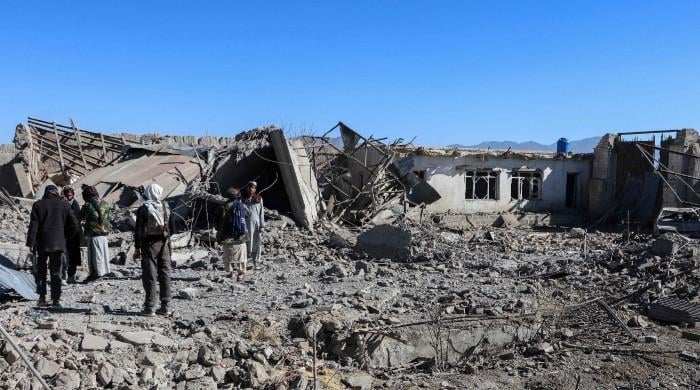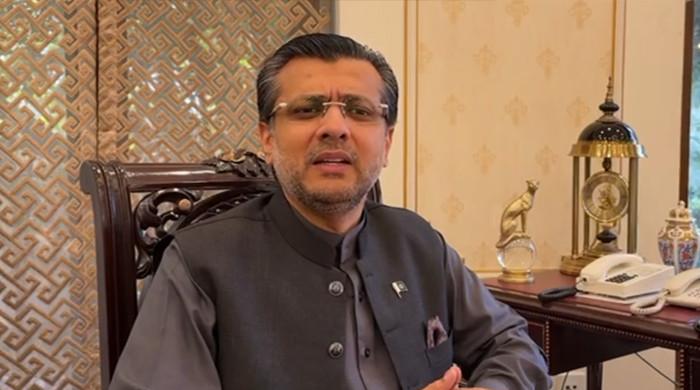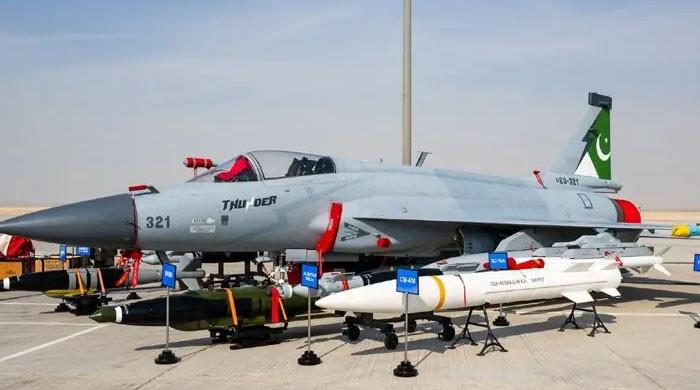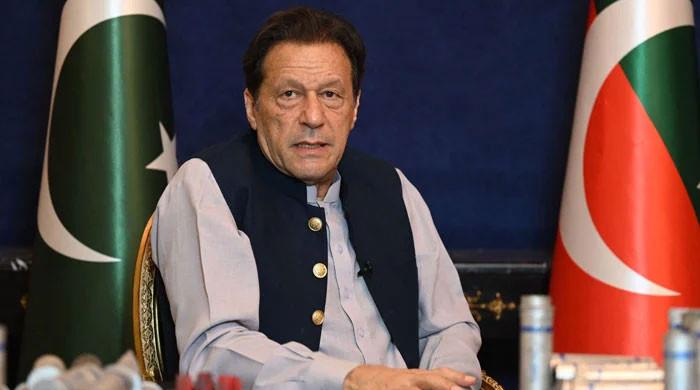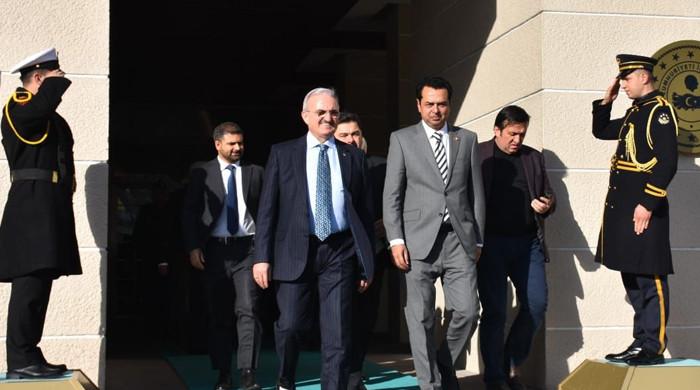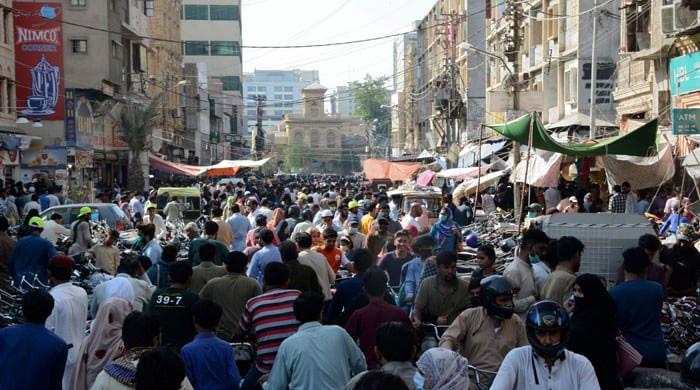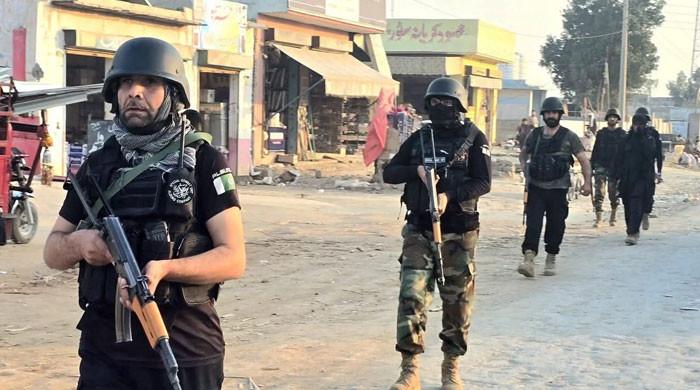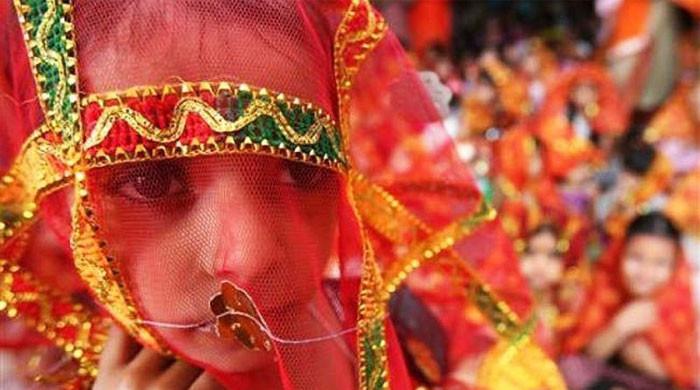Humanitarian Abdul Sattar Edhi's statue put up at Quetta's Edhi Chowk
Anthropologist Sikander Ali Hulio says statue of Abdul Sattar Edhi has been built by sculptor Ishaq Lehri
June 16, 2021
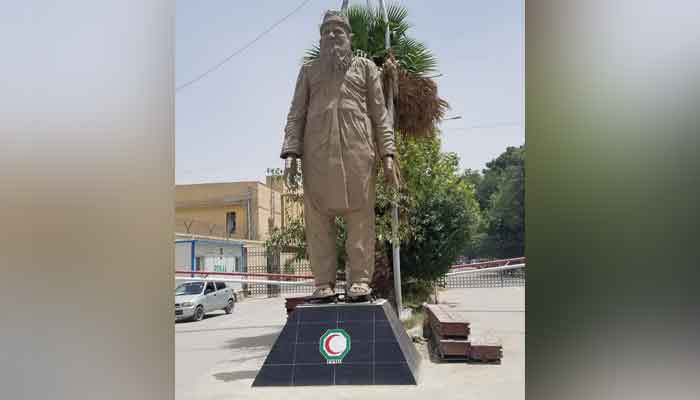
After months of hard work, a sculpture of humanitarian Abdul Sattar Edhi in honour of his services to the country, has finally been put up in Quetta at the Edhi Chowk of the city.
According to anthropologist Sikander Ali Hullio, the statue has been built by sculptor Ishaq Lehri and was in the works for quite a few months.
"This kind of tribute is very inspiring as it breaks the taboo of not to sculpt and place such masterpieces, in public," said Hullio, who shared images of the statue.
The statue, according to Lehri, is 16.5 feet long and was completed in April this year. The exact date when the statue was fixed on its current location is not known.
Edhi, who founded the world's largest volunteer ambulance network, died on July 8, 2016, in Karachi after a prolonged illness.
The renowned humanitarian, was born in 1928 and migrated to Pakistan in 1947 along with his family. He dedicated his life to the poor at the age of 20 — when he himself was suffering through a financial crisis in Karachi.
Post-independence, after his family migrated to and settled in Karachi, the philanthropist purchased a small shop with his meagre savings to open a dispensary with the help of a doctor friend.
Read more: Legendary Pakistani social worker Abdul Sattar Edhi passes away in Karachi
What started off as a free dispensary in 1951, went on to become the largest charity organisation in Pakistan.
In his own words, Edhi "begged for donations" at the start of his work and "people gave" openheartedly.
A spiritual journey to serve humanity
Starting from humble beginnings, the world's renowned social worker was known to stay true to his roots and focus all his energy on his humanitarian work.
In an earlier interview with Geo News, Edhi said he only owned two pairs of clothes which he washed himself, a tradition he had continued for many years. He lived in a small one-room flat located above the office of his charitable organisation.
“He never established a home for his own children,” his wife told news agency AFP in an earlier interview.
Motivated by a spiritual quest for justice, over the years Edhi and his team aimed at helping those in society who cannot help themselves and picking up where limited government-run services fell short.
His work was so widely recognised across Pakistan that armed groups and bandits were known to spare his ambulances.
Read more: Remembering the voice of poor – philanthropist Abdul Sattar Edhi
Edhi received the Ramon Magsaysay Award for public service in 1986 and was honoured with the Nishan-e-Imtiaz in 1989.
In 2011, the then-Prime Minister Yousuf Raza Gilani proposed Edhi's name for the Nobel Peace Prize. He appeared on the Nobel list again later after being nominated by young Pakistani Nobel laureate Malala Yousafzai.
The Edhi Foundation now has a dense ambulance network including air ambulances stationed across the country. In fact, in 1997 the Edhi Foundation entered the Guinness World Records as the "largest volunteer ambulance organisation".
In recognition for his contributions to serving humanity, search engine Google honoured Pakistan’s “angel of mercy, Abdul Sattar Edhi, on his 89th birth anniversary” on February 27, this year. It changed its logo in the United States, Iceland, Portugal, Australia, New Zealand, Japan, Estonia, UK, Denmark, Ireland, and Pakistan to an illustration of the humanitarian.
Moreover, the Beach Avenue on Seaview in Karachi’s DHA Phase VIII was renamed as Abdul Sattar Avenue in recognition of his legendary services to the humanity, the executive board of DHA announced in July 2016.




